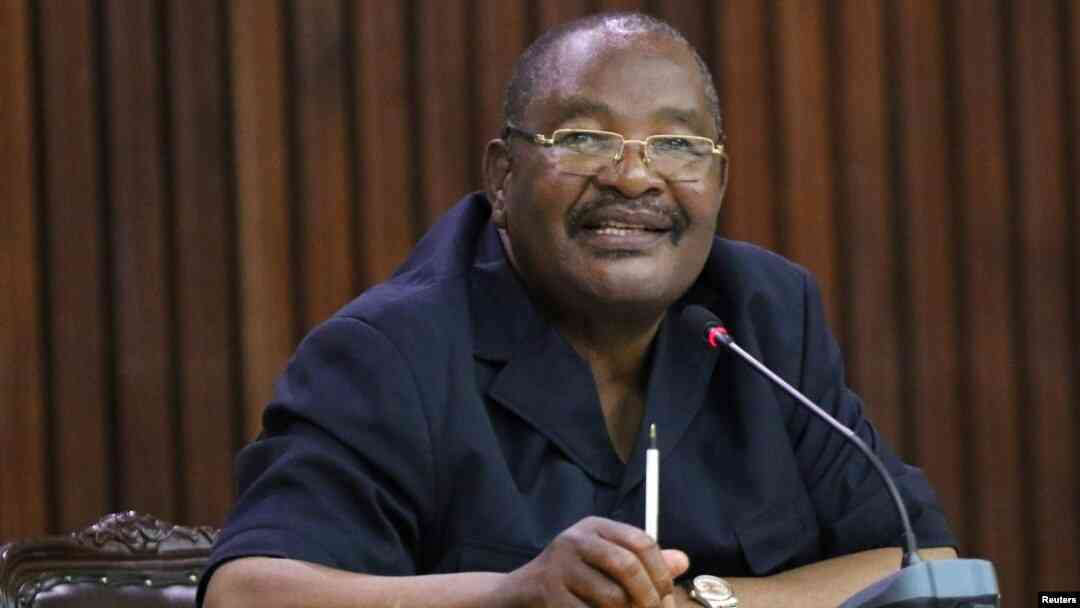
ACROSS many organisations, in boardrooms and human resources departments alike, a costly myth continues to influence hiring decisions: the notion that more education and experience automatically lead to better job performance.
It is a belief that feels comfortable, almost intuitive. A candidate with a Master’s degree applying for an entry-level role seems like a safe bet. Someone who has been working for 15 years must surely outperform someone with five. But while this logic may feel right, it is consistently contradicted by scientific evidence. The problem is, very few hiring managers are paying attention to what the science actually says.
Time and time again, large-scale meta-analyses that summarise findings across dozens of studies have shown that once a candidate meets the basic educational and experience thresholds required for a role, additional qualifications do not meaningfully predict better job performance.
In fact, excessive education can lead to dissatisfaction and early exits, and years of experience beyond a certain point often add little to no value. Yet despite these clear findings, the myth of overqualification persists, frequently defended not with evidence, but with misplaced confidence and conventional wisdom.
In my recent conversations with senior leaders across industries, I have noticed a recurring theme. Executives are expressing frustration that candidates with impressive CVs, degrees well beyond what is needed, and experience twice the role’s requirements, are not delivering results.
This disconnect is not a coincidence. It is a predictable outcome of misunderstanding what truly drives performance. Hiring managers often mistake degrees for intelligence and long tenure for capability, while overlooking the very factors that matter most: cognitive ability, job knowledge, integrity, and personality traits such as conscientiousness.
This is not a new insight. For over two decades, researchers have consistently noted that cognitive ability is the most reliable predictor of performance across various job types.
When combined with structured interviews, job knowledge tests, and integrity assessments, predictive validity rises even higher.
- Re-imagining the workplace: Dear line managers; No, it’s not an HR issue
- Re-imagining the workplace: Does the interview as a hiring method still work?
- Re-imagining the workplace: Dear line managers; No, it’s not an HR issue
- Re-imagining the workplace: Workplace politics and other shenanigans
Keep Reading
Yet, many hiring processes continue to rely on weak signals, such as the level of education or the number of years someone has worked, despite these being among the least predictive indicators of job success.
The continued reliance on overqualification reveals deeper issues in the hiring process. Many managers are still operating based on instinct, habit, and anecdote rather than data. They are prioritising what looks good on paper over what works in practice.
In a climate of risk aversion, it often feels safer to hire the most educated person in the applicant pool, even if that person is not well-suited for the job. If the hire does not work out, the manager can say, “But they had everything”, as if that’s proof of sound judgment. It is not. It is a reflection of a broken model.
The real tragedy is that while organisations chase after overqualified candidates, they overlook high-potential individuals who may not check all the traditional boxes, but have what matters: the raw ability to think, learn, adapt, and deliver.
These candidates are often overlooked because their CVs lack sparkle. However, when given a chance and assessed using a valid, evidence-based selection method, they often outperform their more polished competitors.
To move forward, hiring needs a complete mindset shift. It is not enough to tweak interview questions or add another step to the process. Organisations must re-educate their hiring managers on what drives performance.
They must invest in tools and training that help managers understand how to use valid predictors, such as cognitive ability tests, structured interviews, and work sample tasks, rather than relying on academic qualifications and tenure as substitutes for competence. This is not about lowering standards. It is about raising the right ones.
The irony is that in every other part of business, leaders insist on evidence. They demand performance data, risk models, customer feedback, and financial analysis.
However, when it comes to hiring, the process of selecting individuals who will drive all other performance, they rely on intuition and tradition. That inconsistency is not just unscientific. It is dangerous.
So, if you are a leader responsible for hiring, ask yourself one hard question: are you choosing candidates based on science, or based on story? Because if you keep hiring people who look great on paper but fail in practice, the real underperformance is not theirs. It is yours.











